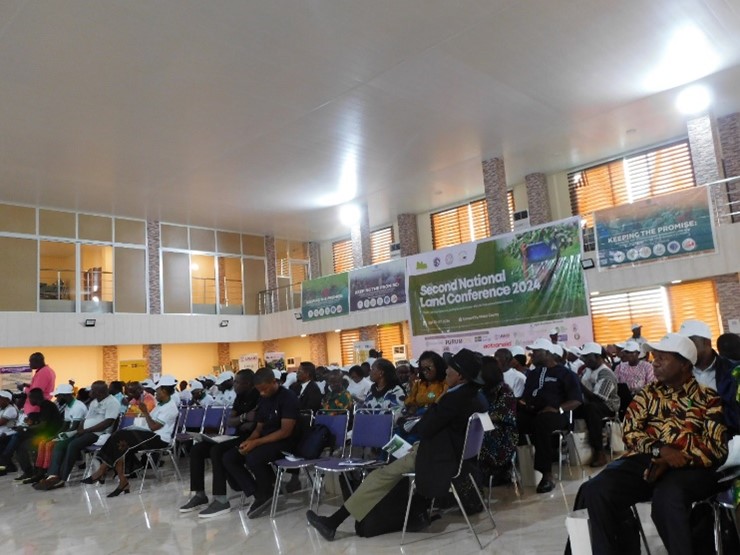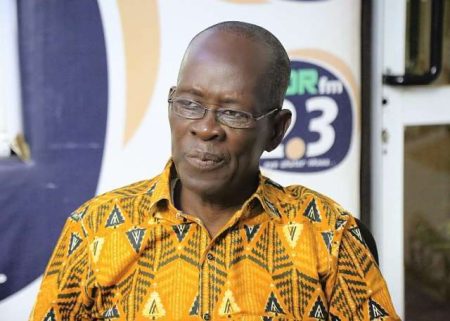The Government of Liberia recently initiated its second national land conference in Gompa City, Nimba County, from September 23 to 27, 2024. This event, organized by the Multi-Actors Platform on Land Governance and Responsible Agricultural Investment in Liberia (MAP Liberia Land Platform) in collaboration with the Liberia Land Authority (LLA), aims to assess the implementation of the Land Law Act and to identify both progress and challenges in land reform processes across the country. Participants include various stakeholders involved in land and agricultural sectors, ranging from government officials to civil society members, reflecting a broad interest in addressing Liberia’s ongoing land crisis.
The symposium’s theme, “Looking Backward, Looking Forward after the First National Land Conference,” underscores a reflective approach while charting the future of land governance in Liberia. It marks a crucial moment following the first national land conference three years prior, which was held in Buchanan, Grand Bassa County. The attendance of top government officials, including legislators and heads of relevant ministries, emphasizes the importance of high-level political commitment to land reform. Additionally, representation from local authorities, youths, women, and individuals with disabilities adds a valuable dimension to the discussions.
At the conference’s opening, J. Adams Manobah, chairman of the Liberia Land Authority, stressed the urgency of fully implementing the land law to avoid exacerbating land conflicts that could destabilize the nation. His warning echoed the historical context of Liberia’s past civil strife, highlighting how unresolved land disputes could ignite tensions once more. To effectively address these issues, he called for concerted efforts from civil society organizations and legislators. Such collaboration is necessary to ensure that the land law’s implementation aligns with the broader objectives of sustaining peace in Liberia.
David Akoi, the Minister of Planning and Development at the Ministry of Agriculture, emphasized the critical role of effective land governance in enhancing agricultural productivity and community peace. He urged participants to focus on solutions that mitigate land conflicts. The need for a holistic landscape that involves not just governmental action but also engagement from the private sector was echoed by Henry Augustus Roberts, who emphasized farmers’ roles in discussions around land use and governance. This highlights a shift towards an inclusive dialogue that recognizes various stakeholders’ contributions to land and agricultural investment.
Loretta Pope-Kai, Chairperson of the Civil Society Council of Liberia, pointed out the ongoing challenges in land governance, particularly regarding the formalization of land in rural areas. She advocated for innovative solutions to address the complexities surrounding land rights and usage, emphasizing that much work remains to be done. The conference plans to tackle several critical topics, including the formalization of customary land, ensuring land rights for women, youth, and people with disabilities, and employing Alternative Dispute Resolution (ADR) approaches to land conflict management. These discussions aim not only to recognize challenges but also to create actionable pathways to better land governance.
The national land conference is anticipated to draw over 200 delegates from diverse sectors, including government agencies, community-based organizations, and international development partners, highlighting a collective commitment to reforming land governance. Critical issues to be addressed include decentralizing land services, linking land rights to responsible agricultural investments, and enhancing food security. This gathering serves as a pivotal platform for aligning strategies and investments in land governance that are crucial for Liberia’s socio-economic development and stability, marking a step toward a more equitable and effective land management system for all Liberians.














